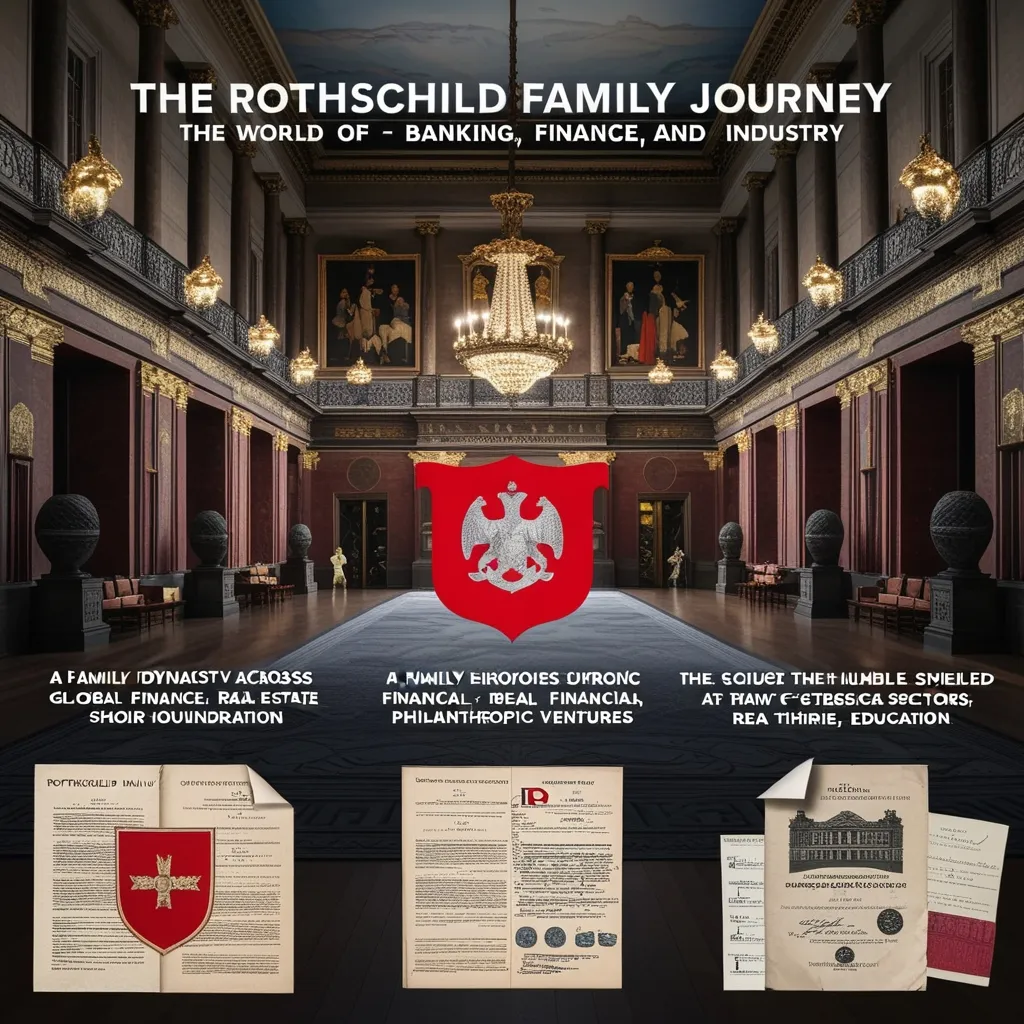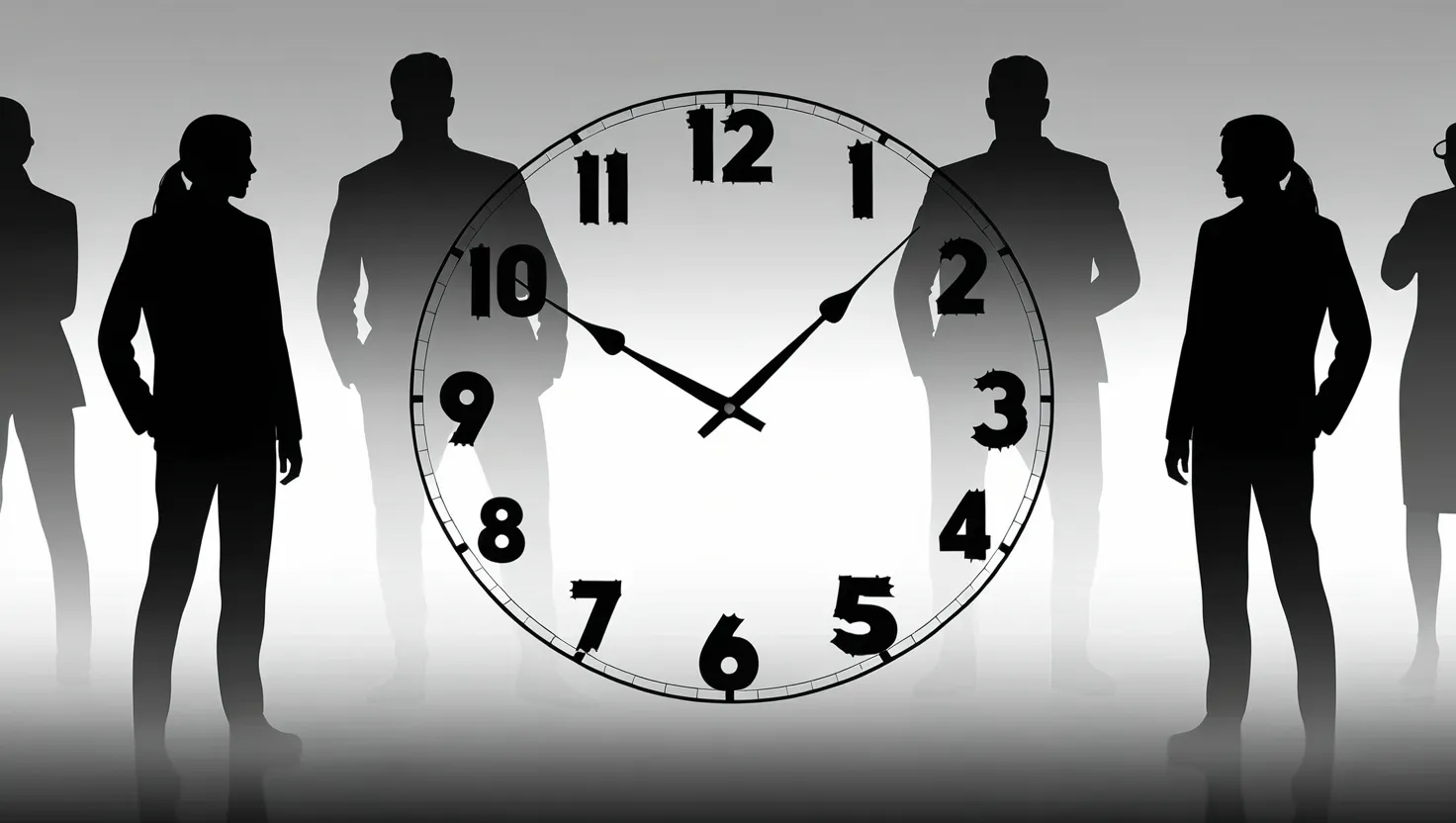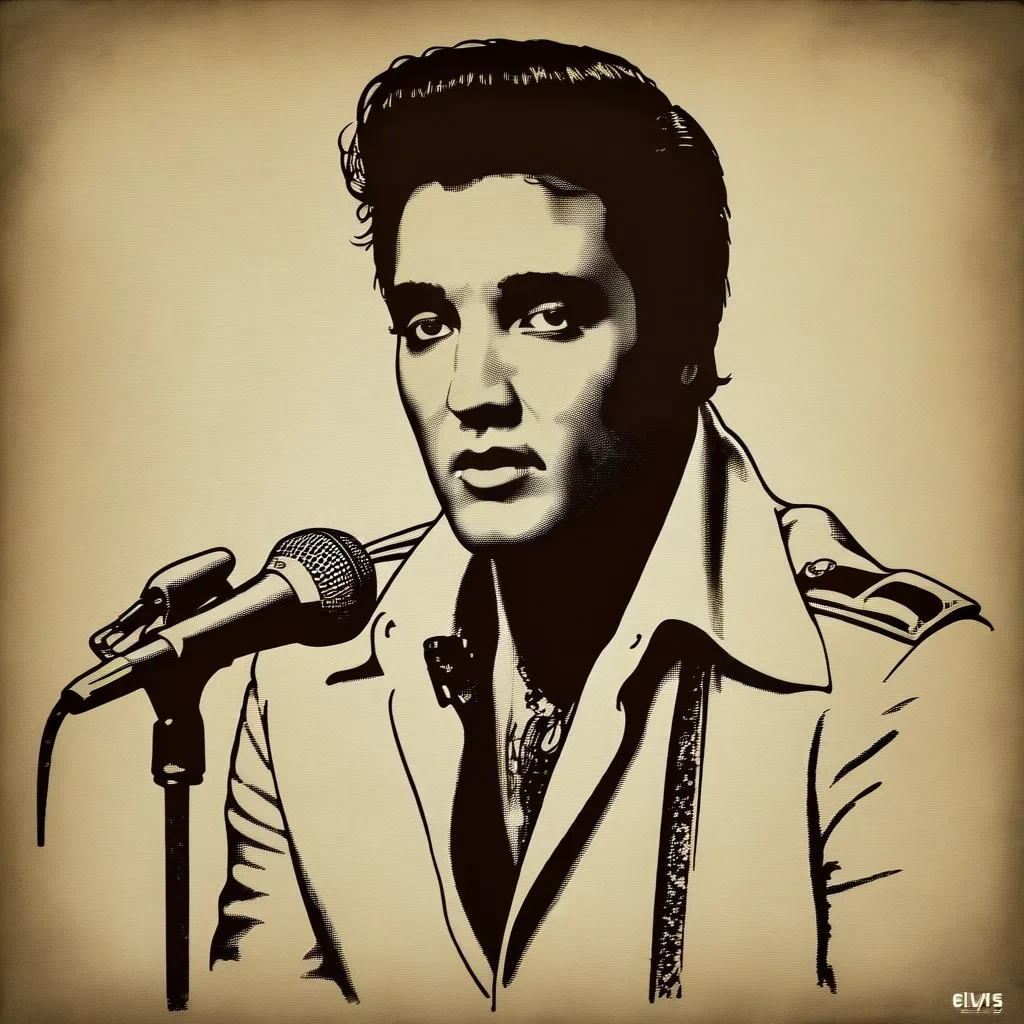The Rothschild family stands out as one of the most iconic and influential banking dynasties ever, with roots tracing back over two centuries. It all began in Frankfurt, Germany, with a man named Mayer Amschel Rothschild. This guy essentially kick-started what would grow into a globe-spanning financial empire.
Born in 1744, Mayer’s early life didn’t exactly scream “future banking mogul.” His dad was a money changer in the Jewish ghetto, and the Rothschild name even comes from the red shield icon on their house. Initially, Mayer was supposed to pursue a religious path, but life had other plans. After his parents died young, Mayer found himself apprenticing in a bank. This hands-on experience was a game-changer and set him on his unique path. Landing a gig as the court factor to William IX, a German count, Mayer started to build the powerful European royal connections that would become a Rothschild trademark.
Mayer had a vision for his family, clear as day: scatter across Europe and set up banking operations in key cities. His five sons—Amschel Mayer, Salomon Mayer, Nathan Mayer, Karl Mayer, and Jakob Mayer—each brought something special to the table. Nathan, especially, had a knack for navigating complicated financial landscapes. When Napoleon was causing a ruckus across Europe, the Rothschilds didn’t just sit on the sidelines. Nope, they financed the British army and made a killing. This was a turning point, quickly propelling them to financial stardom.
By the 1820s, the Rothschilds had spread their banking operations to big names like London, Paris, Vienna, and Naples. They didn’t just stop at traditional banking—they ventured into merchant and private banking, asset management, and even infrastructure projects like funding the Suez Canal.
Two core principles Mayer hammered into his sons were: always conduct business jointly and steer clear of excessive profits. These golden rules helped in smoothing generational transitions. The Rothschilds weren’t just about banking; over time, they diversified like pros. Think real estate, mining, energy, and even wine. Yes, they own more than a dozen wineries worldwide! Their adaptability is almost legendary.
Now, let’s talk about the elephant in the room: conspiracy theories. The Rothschild name often pops up in various wild tales. Many of these theories are drenched in antisemitic prejudice and hold no water. Those stories about them controlling global financial systems or the Federal Reserve? Pure fiction. The U.S. Fed, for instance, is overseen by a Board of Governors selected by the President and confirmed by the Senate—nothing to do with the Rothschilds.
Fast forward to today, and the Rothschilds remain a major force in global finance. They offer financial advisory services, wealth management, and merchant banking. Their main banking firm, Rothschild & Co., is even making moves to operate independently of public markets, focusing more on long-term gains.
Beyond dollars and cents, the Rothschilds have a knack for philanthropy, particularly in the arts and education sectors. Their motto “Concordia, Integritas, Industria” (Harmony, Integrity, Industry) says it all. Their donations have made substantial impacts worldwide, contributing to cultural institutions and humanitarian causes alike.
When it comes to wealth, estimates for the Rothschild family range wildly—somewhere between $1 billion and a jaw-dropping $1.2 trillion. Their fingerprints are all over various industries, from energy and real estate to media. Names like TotalEnergies, Schlumberger, and Siemens ring a bell? The Rothschilds hold stakes in these giants. Even with their undeniable clout, they don’t run the world’s financial systems. They’re one of the influential players, sure, but not the omnipresent controllers.
The Rothschild story showcases how a family can ride the tides of change and maintain a stellar reputation while doing it. From their humble Frankfurt beginnings to their current global operations, they’ve consistently shown remarkable foresight and adaptability. Moving into the 21st century, they’re holding onto their legacy through smart business moves and core values.
In summary, the Rothschild saga is all about strategic foresight, a strong entrepreneurial drive, and the flexibility to adapt. While they’ve been the subject of many conspiracy theories, the real story is about a family that’s made groundbreaking contributions to finance, philanthropy, and culture. Their influence is substantial but not all-encompassing. They’re part of the broader financial landscape, not its puppeteers. As the world continues to evolve, the Rothschild name remains a compelling example of how a family can build and sustain a financial empire across generations.






